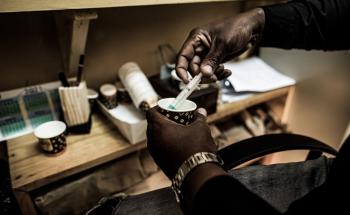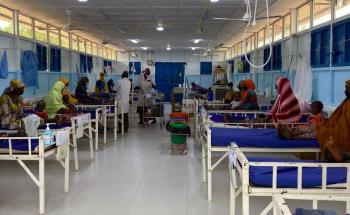
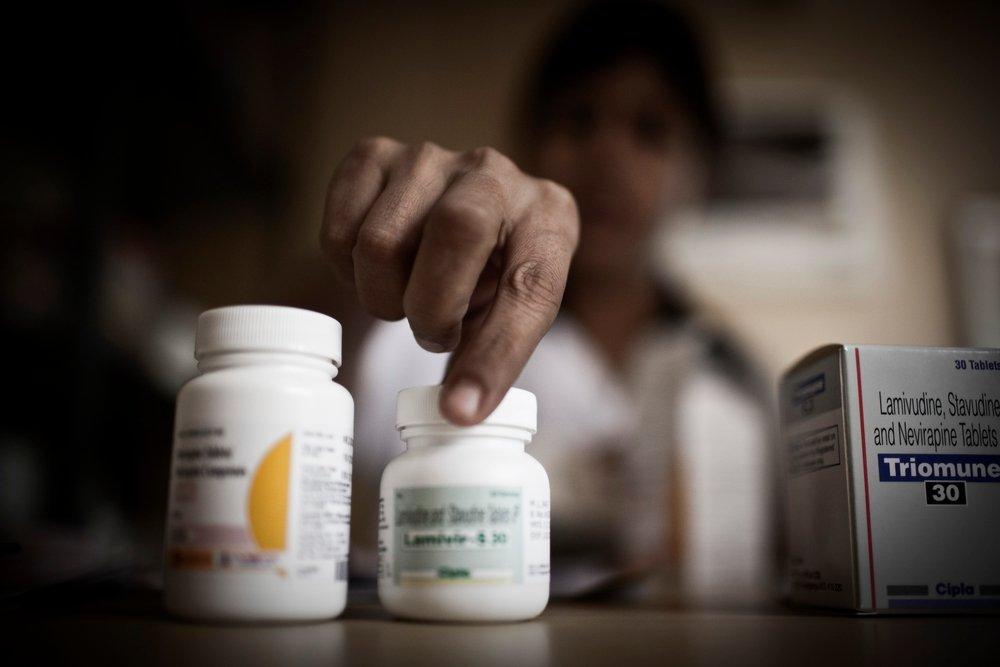
Access To Medicines
Unsafe abortion is one of the main causes of maternal death worldwide, and the only one that is almost entirely preventable.
Every day, our teams around the world witness first-hand the death and suffering caused by unwanted pregnancy and unsafe abortion.
That’s how we know that safe abortion care is essential healthcare.
MSF's Impact
In response to the need for better treatments, vaccines and diagnostic tests MSF set up its Access Campaign in 1999 to improve care for patients.
The aims of MSF Access Campaign are to:
- Push for price cuts to medicines, vaccines and diagnostic tests by stimulating the production of more affordable generic products
- Act as a watchdog to ensure that the corporate interests don’t win out over public health needs
- Steer the direction of medical research toward urgently needed new drugs, vaccines and tests that don’t exist yet or are not tailored to the needs of people in developing countries
- Scope out, support and monitor new models to fund medical research that respond to medical rather than corporate needs and do not rely on charging sky high prices for the final product to pay for the research
In 2003, MSF joined forces with six other organisations from around the world to establish the Drugs For Neglected Diseases Initiative (DNDi), with the aim of developing new drugs or new formulations of existing drugs for patients suffering from the most neglected communicable diseases.
DNDi seeks to address unmet needs by taking on projects that others are unable or unwilling to pursue.
MSF is well known for its humanitarian medical work, but it has also produced important research based on its field experience with vulnerable communities .
This website archives MSF's scientific articles and makes them available free, with full text and in an easily searchable format. MSF Field Research website.
MSF is also pushing for increased research into neglected diseases – such as tuberculosis, malaria, sleeping sickness and leishmaniasis – through increased funding, investing in research and development (R&D) capability in developing countries and supporting alternative models for R&D
Some treatments are no longer produced. MSF is calling on companies and governments to find solutions to bring unprofitable but medically necessary drugs back into production.
MSF is also supporting developing countries in codifying into law the "safeguards" that are allowed under international trade rules in order to protect access to medicines.

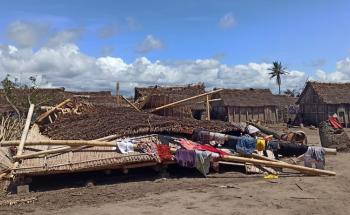
Madagascar: Ongoing assessments after Cyclone Batsirai
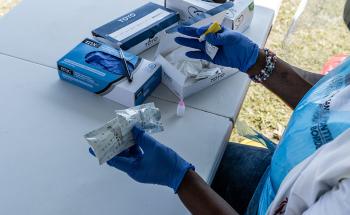
Open Letter to Moderna CEO and Chair
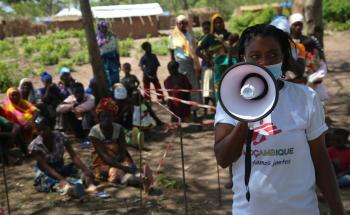
Mozambican women at the forefront of MSF’s response in Cabo Delgado
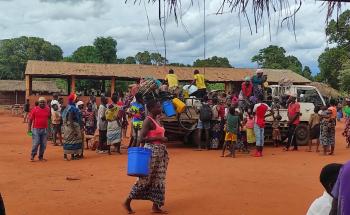
Attacks and violence in Cabo Delgado displace thousands as cyclone season begins
